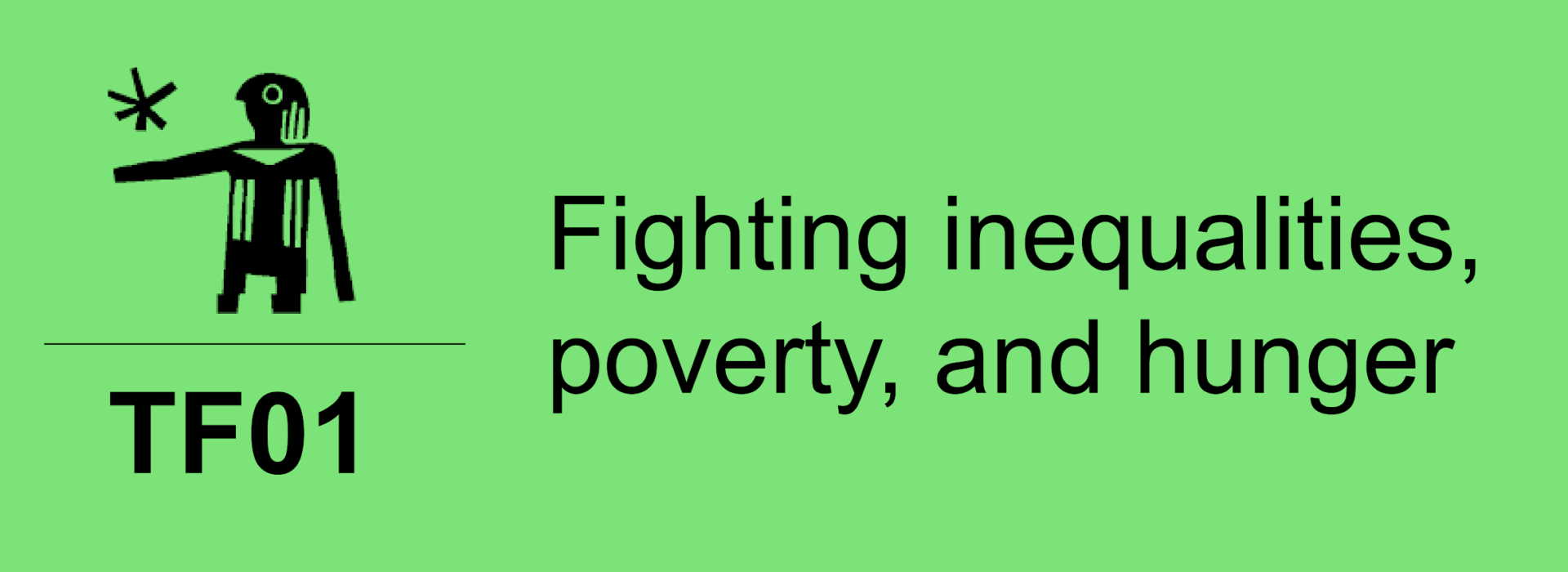Global health challenges are exacerbated through gender inequalities and are associated with the care burden on women. In 2023, UN Women and the International Labour Organisation (ILO) estimated that women perform more than three times unpaid care work than men. The World Health Organisation (WHO) estimates that over 5 billion people rely on women for health and other care services. The care economy, significantly staffed by women in sectors like aged care, childcare, and nursing, faces a critical issue: these workers often lack equivalent access to care services for themselves and their own families. Addressing this imbalance is essential, ensuring women can both contribute to and benefit from care provisions at home. Attaining these objectives requires the establishment of a social, economic and policy milieu that acknowledges and addresses the constraints and demands imposed on women by their engagement in care work. The G20 is uniquely positioned to address this challenge, given ageing demographics in many G20 countries and the increased demand for both aged care, disability care, and childcare services. This policy brief underlines three key policy objectives that G20 countries should promote under a Care Policy Framework. Firstly, addressing the informality of the care sector, particularly in countries where care workers are often misclassified as domestic workers by the Domestic Workers Convention C189 forcing exclusion from their national labour regulations. Secondly, committing to review of labour laws, specifically those excluding domestic and platform care workers from social protection and designing policy and legislative interventions that capture this gap in labour laws. Thirdly, creating a supportive policy environment for market-driven solutions in care work that lead to strong social protections outcomes for workers. Gender-focused care economic strategies, can contribute to a resilient and equitable global health framework, resulting in better health outcomes across populations. The brief asserts that reinforcing the care economy is a strategic imperative to improve global health and promoting gender equality and justice.
Register for Updates
Would you like to receive updates on the Global Solutions Initiative, upcoming events, G7 and G20-related developments and the future of multilateralism? Then subscribe here!
1 You hereby agree that the personal data provided may be used for the purpose of updates on the Global Solutions Initiative by the Global Solutions Initiative Foundation gemeinnützige GmbH. Your consent is revocable at any time (by e-mail to contact@global-solutions-initiative.org or to the contact data given in the imprint). The update is sent in accordance with the privacy policy and to advertise the Global Solutions Initiative’s own products and services.









